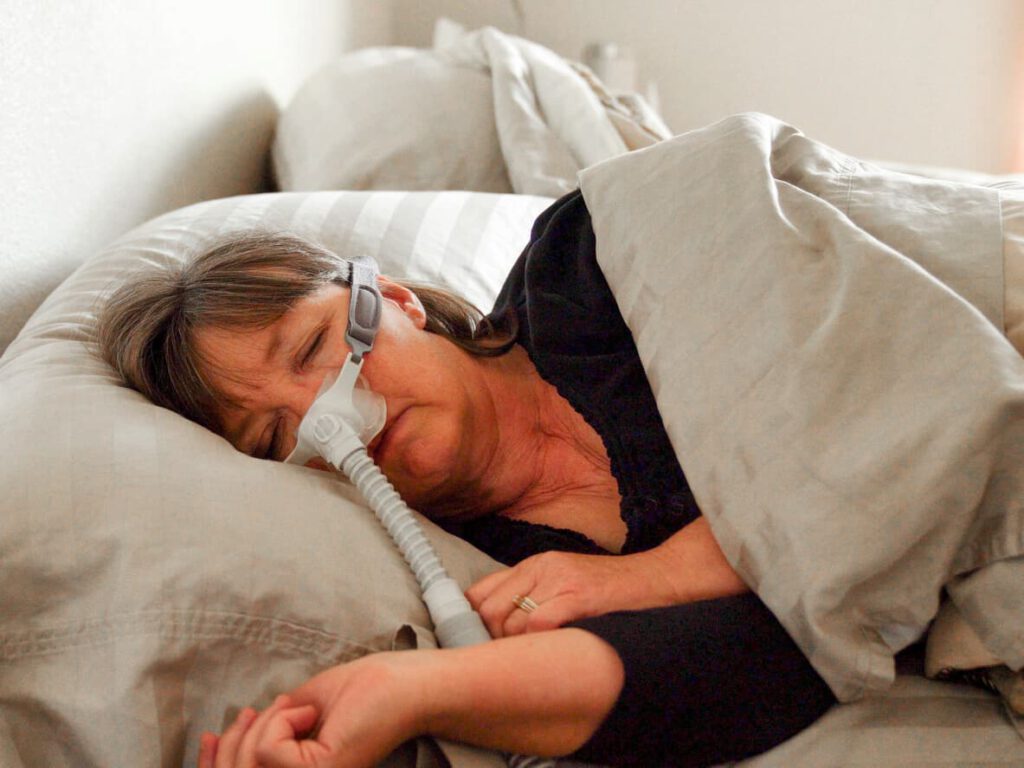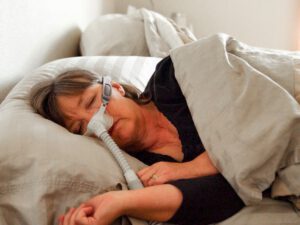Everybody may experience mild snoring, apnoea, and hypopnoea during sleep. However, if these symptoms become persistent, we can consider an obstructive sleep apnoea condition.
Asphyxiation and its consequences can be complicated by:
Hypertension.
Ischemic heart disease (heart attacks, myocardial infarction, angina): “Snoring every night increases the chance of having a heart attack”.
Myocardial dysfunctions (heart failure).
Arrhythmias; atrial fibrillation, people that need a pacemaker and any other bradycardia, tachycardia and severe cardiac arrhythmias.
Cerebrovascular disease (stroke).
Depression.
Anxiety.
Irritability.
Poor social, occupational, intellectual, and sexual functioning.
Issues with apprenticeship and learning.
Poor memory (amnesia).
Attention (attention deficit, poor work performance, accidents)
Poor academic performance (issues with information processing.
Poor psychomotor coordination.
Marital, family and occupational conflicts.
Daytime sleepiness.
Traffic and occupational accidents (OSA is the leading cause in developed countries).
Hiatus hernia, gastroesophageal reflux.






